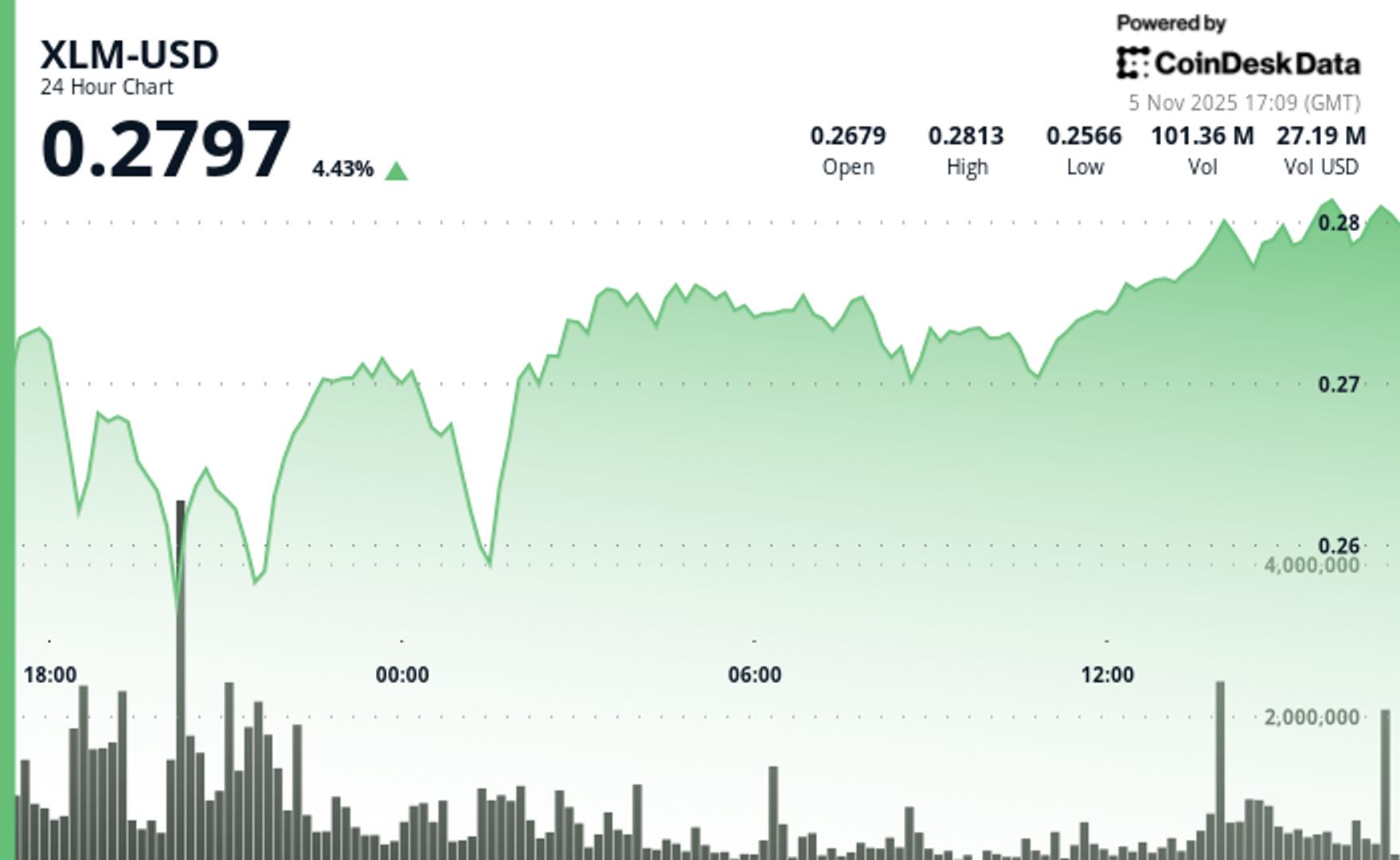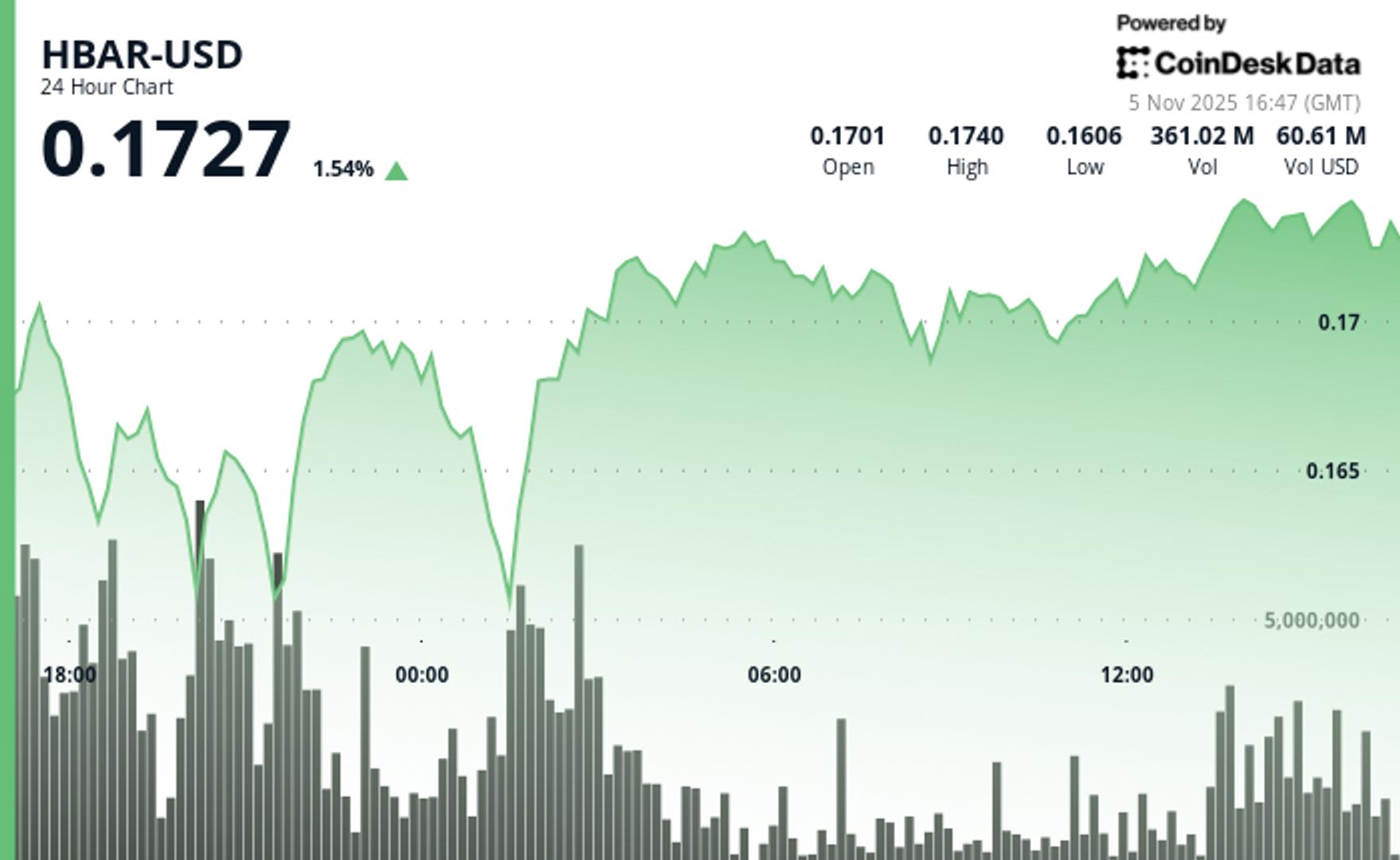France’s proposed “unproductive wealth” tax has raised eyebrows among crypto investors, but most won’t be affected. By lifting the taxable threshold to €2 million, the measure targets only the ultra-wealthy. Every day crypto holders will remain outside its reach.
Its real impact lies not in new tax burdens but in how France is redefining digital wealth within its broader fiscal policy.
Crypto Added To “Unproductive Wealth” List
France has advanced plans to include cryptocurrency in its revamped wealth tax, following lawmakers’ narrow approval of an amendment classifying digital assets as “unproductive wealth.”
Proposed by centrist deputy Jean-Paul Mattei, the measure passed the National Assembly by 163 votes to 150 during debates on the 2026 draft budget. It would replace the current real estate wealth tax with a broader version targeting assets deemed economically inactive.
Besides crypto, the reform expands the tax base to include luxury goods such as yachts, private jets, jewelry, and art. It raises the taxable threshold from €1.3 million to €2 million and introduces a flat rate of 1% on net assets exceeding that amount.
Supporters argue that the goal is to channel wealth into productive investments that foster economic growth.
For crypto investors, this raises an immediate question: Does holding Bitcoin or Ethereum make someone liable? The answer for most is no.
Higher Threshold Narrows Tax Impact
As BeInCrypto France reported this week, the tax is designed to affect only the wealthiest households. The move will largely leave ordinary investors and most crypto traders unaffected.
With the threshold likely rising to €2 million, even fewer people will fall under its scope. A holder with €100,000 in Bitcoin wouldn’t come close to owing anything. Only those with fortunes heavily concentrated in passive assets, such as gold, art, or cryptocurrency, could experience an impact.
Still, the inclusion of digital assets has unsettled parts of France’s crypto industry. Many in the sector see the move as a sign that innovation is being mistaken for inactivity.
Industry Fears Setback For Innovation
France has spent the past few years establishing itself as a leading European hub for Web3, drawing major players such as Binance and Ledger.
The new proposal, however, has sparked criticism from the crypto community, which argues that it undermines the industry’s contribution to innovation and growth.
Some fear it could send the wrong message, deterring long-term investment at a time when countries like Portugal and Dubai are offering far more welcoming tax environments.
However, the government estimates the reform could bring in €1–3 billion annually, though that figure remains uncertain.
For now, the measure is still under review. It must clear the Senate and be incorporated into the 2026 national budget before becoming law, possibly as early as January.
The post Why France’s New Wealth Tax Won’t Necessarily Target Your Crypto — Yet appeared first on BeInCrypto.



























 24h Most Popular
24h Most Popular







 Utilities
Utilities